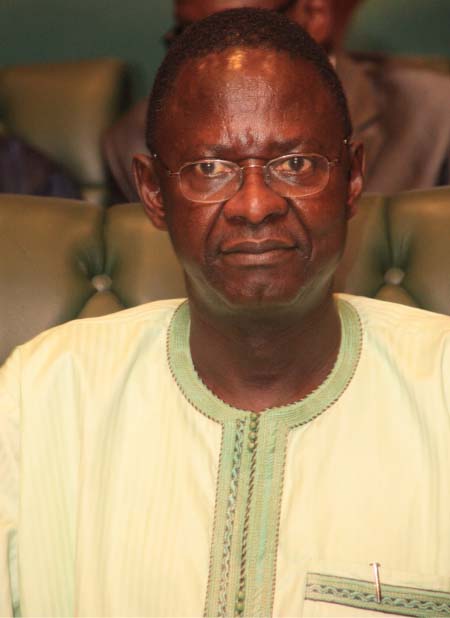
Minister Touray said so recently while delivering the 2015 budget speech before the National Assembly at the New Assembly Building in Banjul.
This was supported by stronger domestic demand, as well as recovery in external demand associated with faster growth in advanced economies.
The Finance Minister further informed NAMS that emerging and developing economies continue to account for the lion’s share of global growth.
The effects of falling fuel prices are having adverse effects on all exporting countries, he said, adding that it was supporting the growth of oil importing countries.
He added that economic activity in Sub-Saharan Africa has continued to grow robustly on the back of supportive external conditions, including falling fuel prices, and strong growth in public and private investment.
Beyond the severe humanitarian implications, the Ebola virus is exerting a heavy economic toll on both the countries affected and the region at large, he said.
The region’s growth was projected at 5.1 per cent in 2014 before increasing to 5.8 per cent in 2015. However, he added, this growth forecast would taper down given the negative economic impacts of the epidemic.
Dilating on the domestic economy, Finance Minister Touray added that Gross Domestic Product (GDP) at constant market prices for 2014 is estimated to grow at 2 per cent compared to the 4.6 per cent recorded for the previous year.
The 2014 revised growth estimate is mainly because of the decline in tourism and agriculture, which are two leading drivers of national economic growth.
He added that the Agricultural sector’s contribution to the GDP is projected at 19 per cent in 2014, compared to 21 per cent in 2013.
Livestock, forestry and fisheries registered growth rates of about 1.9, 3.0 and 4.6 per cent respectively compared to the previous year, which showed growth rates of 3.3, 3.4 and 4.0 per cent respectively.
Read Other Articles In Article (Archive)
Fair Play: Election the business of all
Mar 21, 2017, 10:03 AM



